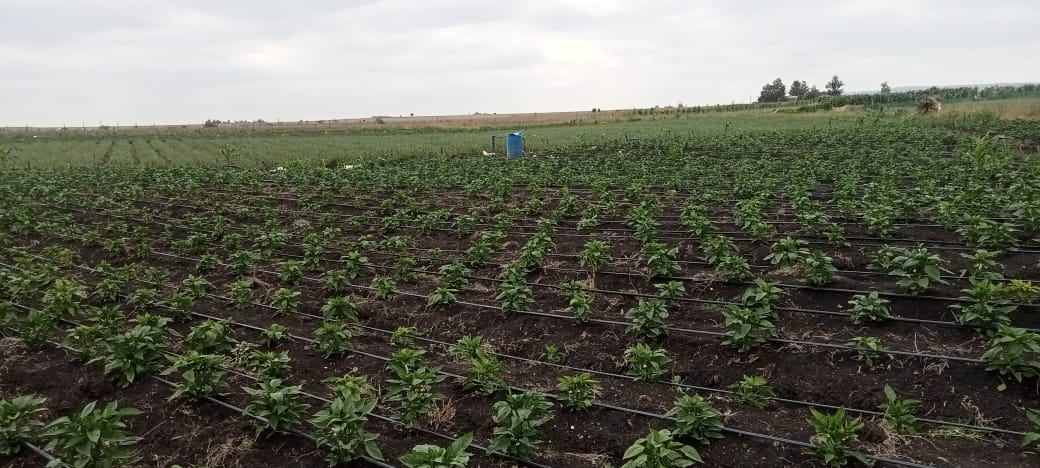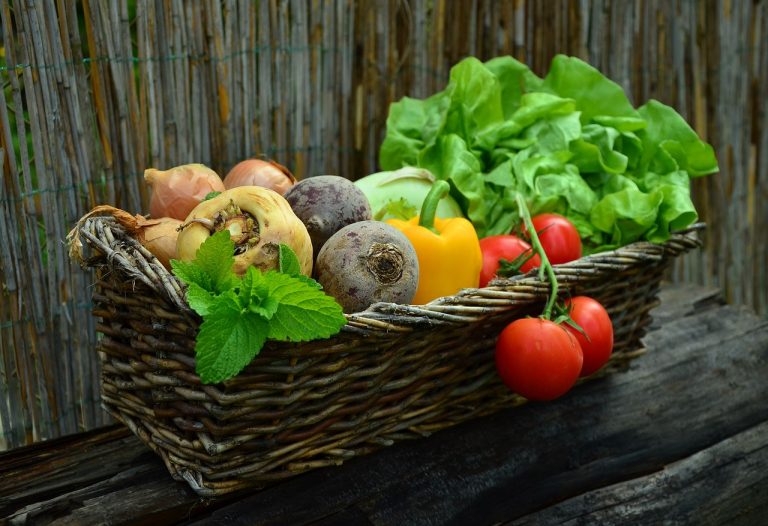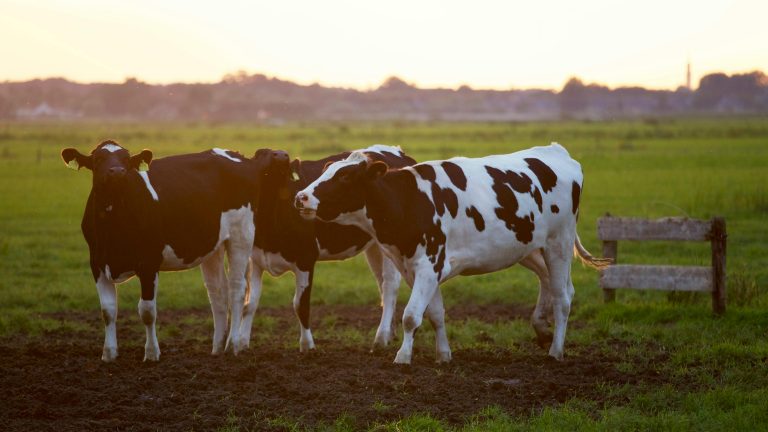Leasing land for farming or investment in Kenya is an excellent way to access prime agricultural land without the hefty upfront costs of purchasing. However, understanding the factors influencing lease prices is crucial for making informed financial decisions. At Fincare Investments, we simplify the farmland leasing process, ensuring you secure the best deal for your budget and investment goals.
How Much Does It Cost to Lease Land in Kenya?
The cost of leasing land in Kenya varies depending on several factors, including location, accessibility, availability of water, and the presence of essential infrastructure such as perimeter fences, electricity, solar power, irrigation systems, greenhouses, staff housing, and storage facilities. Below is a general breakdown of leasing costs based on different regions and land uses:
1. Agricultural Land Leases
- Nairobi Metropolitan Area (Including Kitengela, Isinya, Ngong, Machakos, Thika, and Kiambu): Lease rates for agricultural land typically range between Ksh 5,000 and Ksh 12,000 per acre per month, depending on location and available amenities.
- Proximity to Major Towns: Land situated near Nairobi and other urban centers commands higher lease prices due to increased demand, better infrastructure, and proximity to markets.
- Rural Areas: More remote locations offer lower lease rates but may lack essential farming infrastructure. On average, agricultural land leases in such areas range between Ksh 10,000 and Ksh 50,000 per acre per year. However, accessibility challenges, especially during rainy seasons, can impact usability.
2. Commercial Land Leases
- In urban areas such as Nairobi, where land demand is high, lease rates for commercial plots—typically ranging in size from ⅛ to ¼ acres—vary between Ksh 10,000 and Ksh 50,000 per month.
- Lease costs tend to be higher for plots that are strategically located or have direct access to key infrastructure such as water, electricity, and roads.
Key Factors Affecting Land Lease Costs in Kenya
Several factors influence how much you’ll pay for leased land:
- Location – Farmland near cities, highways, and trading centres is more expensive than land in remote rural areas.
- Soil Fertility – Fertile regions attract higher lease rates due to their suitability for various crops.
- Infrastructure & Amenities – Land with electricity, irrigation systems, and good road networks typically cost more.
- Water Availability – Farmland with boreholes, rivers, or access to irrigation water is in higher demand and thus commands premium prices.
- Lease Terms – Some landowners offer flexible payment plans, while others may require a lump sum upfront.
Pro Tip: Lease prices are negotiable. Work with a trusted real estate expert like Fincare Investments to secure the best deal.
How to Minimize Land Leasing Costs
Want to save money on farmland leasing? Consider these strategies:
- Opt for Long-Term Leases – Landowners often offer discounts on 5 years or more leases.
- Partner with Other Farmers – Pool resources with fellow agri-preneurs to share lease expenses.
- Explore Upcoming Agricultural Areas—Kajiado, Isinya, and Machakos offer lower lease rates than high-demand farming zones.
- Lease Directly from Owners – Avoid intermediaries and unnecessary fees by working with verified landowners.
Pro Tip: Fincare Investments offers exclusive farmland lease deals at competitive prices. Contact them to explore available options.
The Process of Leasing Land in Kenya
Leasing farmland requires due diligence. Follow these steps to secure your lease:
- Search for Available Land – Use verified listings or visit local county offices.
- Confirm Ownership – Verify the land title deed to ensure it legally belongs to the lessor.
- Negotiate Lease Terms – Discuss rental costs, duration, payment schedules, land use, and renewal conditions.
- Sign a Legal Lease Agreement – Protect your investment with a formal contract outlining all terms.
- Register the Lease – If the lease exceeds 5 years, register it with the Ministry of Lands for added security.
Pro Tip: Always consult a real estate expert or lawyer before signing any lease agreement.
Leasing vs. Buying Farmland: Which is Better?
Should we lease or buy land? Consider these insights:
- Leasing is ideal for agribusiness startups, short-term farming, and testing different crops before making a significant investment.
- Buying is best for long-term farming, permanent agribusiness operations, and securing land for future resale value.
Pro Tip: Start leasing before committing to a land purchase if uncertain.
Best Places to Lease Farmland in Kenya
If you’re looking for affordable and productive farmland, consider these locations:
- Kitengela, Isinya, Kajiado, Ngong, and Machakos—These areas are ideal for growing onions, tomatoes, capsicum, greenhouse crops, French beans, herbs, and livestock.
Fincare Investments provides verified farmland lease listings in these regions, ensuring you get the best value for your investment.
Why Choose Fincare Investments?
At Fincare Investments, we specialize in seamless farmland leasing solutions. Here’s how we help:
- Verified Land – Deal directly with landowners
- Professional Lease Agreements – Protect your agribusiness with legally sound contracts.
- Expert Guidance on Land Suitability – Find farmland that aligns with your farming needs.
Looking for farmland to lease? Contact us today to explore our exclusive lease offers.
Final Thoughts
Leasing farmland in Kenya is a cost-effective way to kickstart or expand your agribusiness without the financial burden of purchasing. You can maximize investment returns by understanding lease prices, negotiating favourable terms, and choosing strategic locations.
At Fincare Investments, we simplify the process—whether you’re leasing for the first time or scaling up your farming operations.
Explore available agricultural land for lease in Isinya, Kajiado, Kenya.
Check out our blog section for more insights on real estate and agribusiness.








One Comment